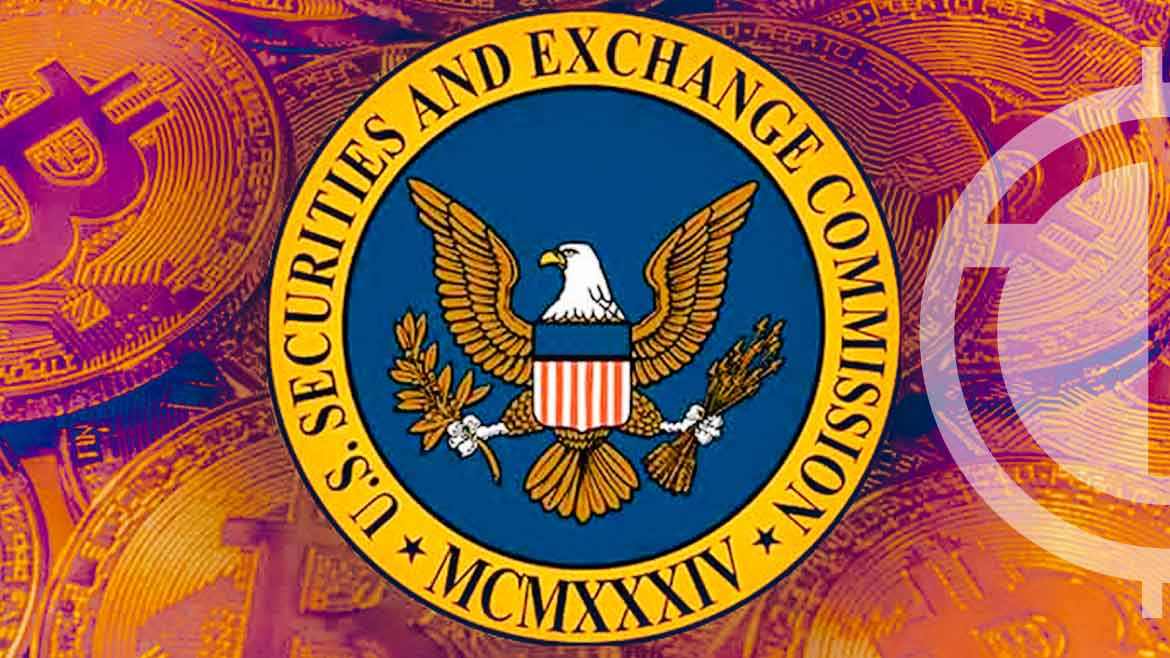
In a legal development, the United States Securities and Exchange Commission (SEC) has been bolstered by a recent ruling against Terraform Labs. The ruling may influence the SEC’s lawsuits against Green United and Coinbase, hinting at how the SEC might approach similar cases.
On July 31, District Judge Jed Rakoff denied Terraform Lab’s motion to dismiss the case, rejecting the argument based on the “major questions doctrine.” This doctrine, established in a 2022 Supreme Court ruling, outlines that Congress intends to make policy decisions and doesn’t delegate authority to agencies without clear authorization. The same argument has been central to crypto defendants, including Coinbase.
However, an SEC filing made on August 4 indicated that the ruling against Terraform Labs grants further support for dismissing Green United’s defenses based on the major questions doctrine and fair notice arguments. This move by the SEC sheds some light on how it plans to approach Coinbase’s own motion to dismiss. Previously, Coinbase argued that the major questions doctrine applied as the SEC attempted to regulate the secondary market for crypto trading.
The judge in the SEC vs. Terraform case found that Terraform cannot use the doctrine to disrupt the routine work expected of the SEC. Nevertheless, the SEC has previously used other rulings to strengthen its arguments in similar cases, such as the SEC vs. Ripple Labs case, emphasizing that longstanding court precedent provides sufficient fair notice.
Previously, Terraform Labs and its founder, Do Kwon, were ordered to face fraud allegations brought by the SEC. U.S. District Judge Jed Rakoff denied their motion to dismiss allegations of defrauding investors and selling unregistered securities.
A spokesperson for Terraform Labs expressed the company’s intention to persist in fighting what they consider to be the SEC’s misguided and deeply flawed allegations and “legal theories.” This stance underscores Terraform Labs’ determination to challenge the SEC’s legal position and reflects the broader industry’s ongoing struggle with regulatory compliance.














